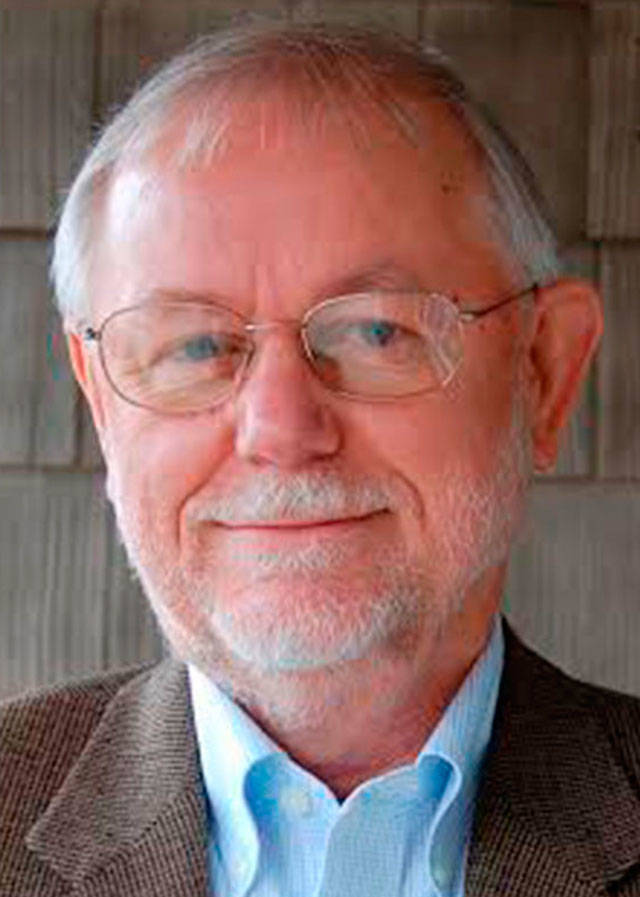By Ed Petersen / Herald Forum
What if we had a vibrant and thriving transit center in Everett, much like the mixed-use amenities now developing at the Port of Everett.
Examples around the region and nation inspire us to think of what our Everett Station neighborhood could be. Nineteen years ago, in 2002 when our beautiful train station was opened, we were given such a vision, of people living at the transportation hub and all of us enjoying easy access to jobs and recreation through efficient use of trains, buses and light rail.
This vision has not been realized. Development of the neighborhood around the transit center is long overdue. With the Metro Everett plan adopted in 2018 we now have the land use and zoning frameworks for transit-oriented development. However, there are two more essential elements. The first is an articulated vision. The second is a well-conceived development plan.
Vision is about seeing the potential. It’s also about seeing the problems to be solved. Everett Station is a neighborhood with a long history of industry, which has provided a solid and important economic base for our community, but property owners feel at risk of having to move because of a focus on transit-oriented development. The neighborhood suffers from poor air quality, crime and safety issues, lack of green spaces and no idea on how to contribute to climate action solutions. It’s a neighborhood that doesn’t know how to integrate industry with residential, nor how to create “equitable neighborhood development” strategies.
What does a thriving transit center look like? This requires visioning 15 to 20 years into the future when light rail will arrive. That’s also the amount of time that thriving neighborhoods of this type take to develop, which will involve systematically taking advantage of resource opportunities and aggressively tackling challenges. It involves recognizing the untapped potential, discovering models to unlock the possibilities and then generating the public will to pursue the vision.
This visioning is not rocket science. There are lots of great case examples nearby and nationally. Everett needs to get beyond “the market isn’t there” and “the resources aren’t there” mentality. The real barrier has been a poverty of imagination.
Once Everett Station has the right zoning and vision, the all-important key for success is a development plan.
Two strategic parcels at the center of the neighborhood are city owned. The planning for this prime real estate can retain current uses, which hinder development, or planning can catalyze development that brings civic value, including:
• City gateway, providing an enjoyable entry and exit to and from our city.
• Housing, offering real solutions to the city’s housing challenges.
• Economic growth, with an environment that supports business success.
• Climate action, with contributions to Everett’s 2020 Climate Action Plan.
• Equity, with opportunities for all economic, racial and ethnic sectors.
• Place-making and vibrant spaces that draw community together.
The development plan requires a governance structure, financing model, a phased timetable and quality developer leadership. The plan should start with a catalyst project.
The Convergence Study, completed in this May, provides a thorough study of visionary master plan concepts for the Everett Station District. Funded by the Washington state Legislature and overseen by Housing Hope, the report is intended to start a community conversation about the future of our Transit Center. The report is available at www.everettstationdistrict.com.
Ed Petersen is the founder of Housing Hope.
Talk to us
> Give us your news tips.
> Send us a letter to the editor.
> More Herald contact information.

























